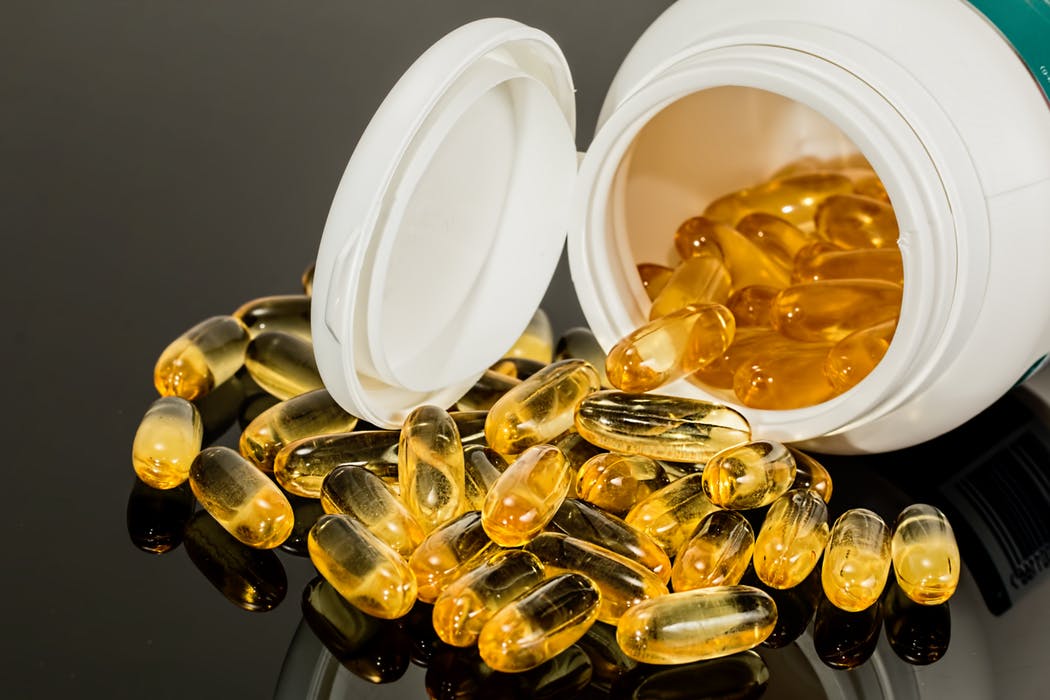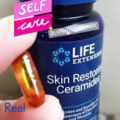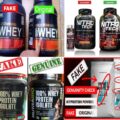It’s not always possible to know which dietary supplement is the best and which is made of quality ingredients. Some ingredients can have harmful effects. The proliferation of similar products on the market can be overwhelming. It is too easy to buy these dietary supplements – direct from the manufacturer, through third-party websites, supermarkets, or pharmacies, mostly without needing a prescription. Fortunately, if you click here for details, you can find a review site called Analyze that which can be used to evaluate these products. Either way, there are some rules you can follow to make sure you use these supplements to benefit your health, and not harm it.
1. Speak To Your Doctor
This goes not only for those who are pregnant, nursing, or on prescription medication. Everyone should discuss the idea of a particular supplement with their doctor or other healthcare provider (e.g. dietitian or pharmacist) before taking any such dietary supplement. Your healthcare provider can guide you on which type of supplement will be of value for you, and which you should rather avoid. Such guidance limits risks to your health.
2. Know That Some Supplements Can Interact With Your Prescription Medication
Your dietary supplements can interfere with your prescription medication, affecting the way in which those drugs are broken down in the body. Supplements can also increase the effects of prescription medications, or even reduce the effectiveness of your prescription medications. For example, cranberry can interact with blood thinners and lead to bleeding or even bruising. CoQ10, used for heart and brain health, can negatively influence the effects of blood-thinning drugs and thus increase the risk of developing a blood clot. Echinacea is another example. This herb can decrease the metabolism of caffeine, manifesting in side effects such as insomnia, headaches, and jitteriness. Other substances that can influence the effectiveness of various drugs are vitamin K (on blood thinners), St. John’s Wort (on anti-depression medication), and vitamins C and E (on cancer chemotherapy).
3. Follow The Recommended Dosage Instructions
The manufacturer will normally state a recommended dosage and instructions. It is important to follow such directions for optimal results, but also to avoid an overdose. For instance, CoQ10 is normally safe to use, but an overdose can lead to diarrhea, headaches, kidney stones, nausea, vomiting, or even a coma.
4. Read The Label On The Bottle
The label will provide you with adequate information to ensure that you are buying a product that will provide the daily value you want, naming the ingredients. Some supplements may contain substances that can cause an allergic reaction. For instance, if you are allergic to bees, you would want to avoid products that contain beeswax. So too, if you are allergic or sensitive to gluten, wheat, soy, nuts or dairy. Also, the formula may contain ingredients that are not good for your health. For instance, titanium dioxide, which is a natural mineral whitener, can be problematic, as it has been linked to cancers and other health problems. In addition, a product may contain gelatine, making it unsuitable for vegans and vegetarians.
5. Go For Quality
As a rule, you should always opt for quality. However, finding a quality product can be difficult. Check for an FDA stamp. However, unlike prescription medication, dietary supplements do not carry the same weight with supplements. The FDA merely notes quality standards of the manufacturer – such as purity, composition, identity, and strength of the supplements. The FDA is not compelled, under the guidelines of the Dietary Supplement Health and Education Act of 1994, to test the efficacy of supplements. Instead, the onus rests on the manufacturers themselves. Therefore, it is best to check on a GMP certificate for the company. Such certification offers assurance that the supplement has been properly manufactured, and that it contains the items listed on the label; also that it is free from contaminants. In addition, a quality manufacturer guarantee should be present, allowing you to test the product yourself. Any product that lacks a guarantee questions the effectiveness of the product.
The Bottom Line
With the multiplicity of health products on the market, if can be difficult to select the one best suited to your use. Above are the five main points on selecting the best supplement for you. However, the key is to look behind all the claims a manufacturer makes about a product, rather focusing on the substance of the supplement – what it contains, how it will react to other medications, and the possible side effects. SEE: How Good Are Life Extension Supplements





